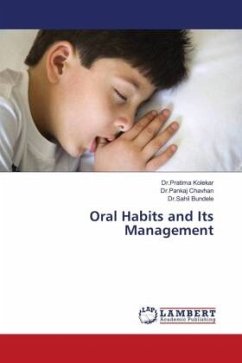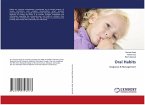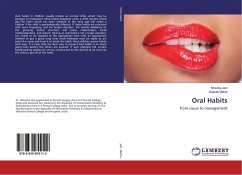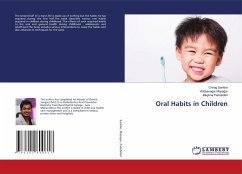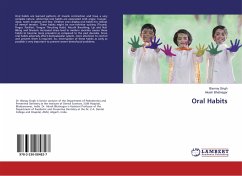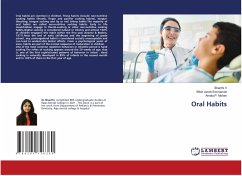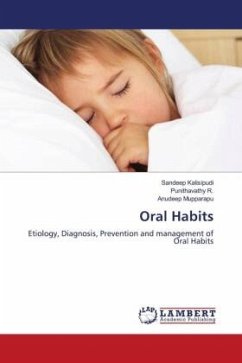Oral habits in children can have deleterious effects on developing occlusion. Certain oral habits serve as stimuli to normal growth of the jaws while abnormal habits interfere with the regular pattern of facial growth. These must be differentiated from the desired normal habits that are a part of normal oropharyngeal function. The abnormal habits bring about harmful unbalanced pressures to bear upon the immature highly malleable alveolar ridges and potential changes in the positions of the teeth and occlusion. The degree of its effect depends on the trident of factors; duration, frequency and force/pressure applied. Hence, the early diagnosis and timely intervention of the habit is important. The treatment plan depends on the etiology of the habits, that is, either empty/meaningful or pressure or non-pressure habits. In meaningful habits, the focus is psychological approach, in empty and non-pressure habits reminder therapy and in empty and pressure habits mechanotherapy.
Bitte wählen Sie Ihr Anliegen aus.
Rechnungen
Retourenschein anfordern
Bestellstatus
Storno

